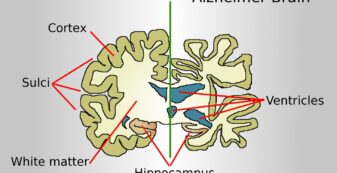Everything you need to know about Neuroendocrine Tumor

Recently, Bollywood actor Irfan Khan revealed that he is suffering from Neuroendocrine Tumor. Reports suggests that an Indian doctor in London who has extensively researched on NeuroEndocrine Tumour will take of Khan’s treatment. The actor is expected to to be in the English capital for the next few months.
You might be wondering what the disease is so here is all you need to know about it:
What is Neuroendocrine Tumor?
Neuroendocrine tumor (often known as NET) is mainly a condition in which there is an abnormal tissue growth in the hormone-producing nervous cells of the body. Many of these are benign, while some are malignant (cancerous). This type of tumor occurs commonly in the intestine, where they are often called carcinoid tumors, but they are also found in the pancreas, lung and the rest of the body. A neuroendocrine tumor starts in the hormone-producing cells of the body’s neuroendocrine system, which is made up of cells that are a combination of hormone-producing endocrine cells and nerve cells.
Types of neuroendocrine tumour
There can be many types of NET depending on the affected organ. These include the Pheochromocytoma, Merkel cell cancer, Neuroendocrine carcinoma and Paraganglioma.
Merkel cell cancer is a rare and fast-growing cancer that starts in cells just under the skin and in the hair follicles while Neuroendocrine carcinoma can also develop in other areas such as the gastrointestinal tract lungs and brain.
What are the Symptoms of Neuroendocrine Tumor?
Neuroendocrine tumors can be described as “neuroendocrine carcinoma”. It can start in a number of places in the body, including the lungs, brain, and gastrointestinal tract. The symptoms of the disease include Hyperglycemia, hypoglycemia, diarrhea, persistent pain in a specific area, loss of appetite or weight loss, a cough or hoarseness that stays for a long time, thickening or lump in any part of the body, changes in bowel or bladder habits. Apart from these weight gain or loss, jaundice, unusual bleeding or discharge, persistent fever, headaches, anxiety, gastric ulcer disease, skin rash are other few symptoms. Some people also might experience nutritional deficiencies such as niacin and protein deficiency.





